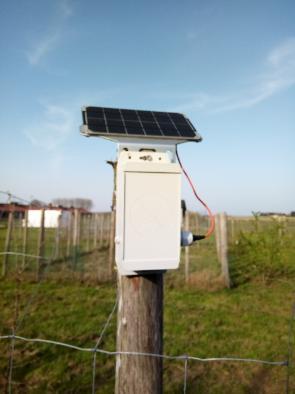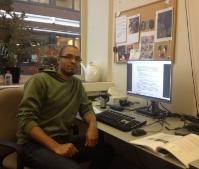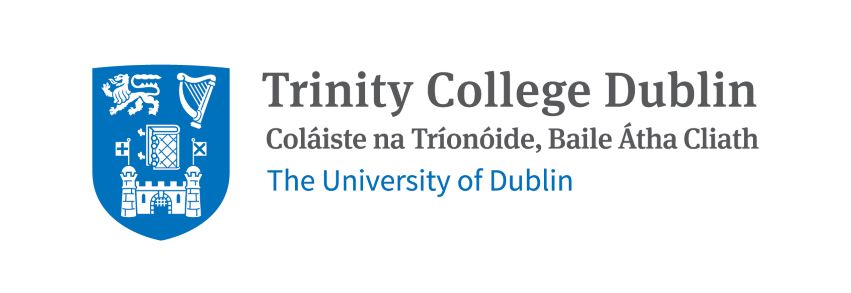Project 8
Early life conditions and individual differences in range use in free-ranging laying hens
ESR 8: Michael Plante-Ajah
Supervisor: Frank Tuyttens
Location: Flanders Research Institute for Agriculture, Fisheries and Food
Project Description
Many consumers pay a premium price for free-range eggs mainly because they associate such production systems with better animal welfare. A properly designed free-range area provides hens with ample space, stimuli and possibilities to express highly motivated behaviours (e.g. foraging and dustbathing). Nonetheless, these animal welfare benefits may not be fully realised on commercial farms because the hens do not use the free range optimally. The reasons are not fully understood but seem to relate to inadequate designs of the free-range, inappropriate early-life conditions and individual hen-differences. In this study, innovative hen tracking technology will allow these factors to be unravelled. The objectives of the PhD project are to 1) investigate the effect early-life conditions that better mimic incubation, hatching and rearing by natural mothers on range use and welfare; and 2) understand causes and consequences of individual differences in ranging behaviour. A 2x2 factorial experiment will be conducted with half the birds incubated in darkness (standard practice), and the other half in 12:12 light cycle. Of these two treatments, half the pullets will be reared with access to a dark brooder (a shelter that mimics the dark warmth of a mother hen’s wings) and the other half without. At the end of the rearing period, stress resilience, fear and other welfare indicators will be compared between treatments. The birds will then be transferred to an experimental field and housed in mobile poultry houses with access to a range with two types of vegetation cover. During the egg-laying period, the birds will be individually tracked to quantify their range use, using an ultra-wideband tracking system. These same birds will also be scored on productivity, behaviour, welfare, fear, and stress resilience. Two predictions will be tested: (1) that light incubation and dark brooders improve welfare, stress-resilience, productivity and range-use of hens, and (2) that hens that range more are less fearful and stress-resilient and have better welfare.
It has been a chaotic year! Not only have we humans been locked away due to Covid-19, but many chickens in Europe have also been locked in due to avian influenza. Posted, April 2021
Due to measures government-imposed, the free-range hens have not been able to use their range since November 2020, as they must be isolated from wild birds to prevent exposure to influenza, either by keeping them indoors or under netting. We worked hard to build them a winter garden to give them more space and fresh air, and an outdoor area to forage, during this period of isolation.
 Lots of work was done over the autumn to address technical problems with the animal-tracking system being implemented in the field to monitor the hens’ use of their range, though with limited success. There still remain refinements to be made before it is fully operational when the hens can be released onto the range again, though global electronic component shortages related to the Covid-19 pandemic have delayed production of parts required for further refinement.
Lots of work was done over the autumn to address technical problems with the animal-tracking system being implemented in the field to monitor the hens’ use of their range, though with limited success. There still remain refinements to be made before it is fully operational when the hens can be released onto the range again, though global electronic component shortages related to the Covid-19 pandemic have delayed production of parts required for further refinement.
Meanwhile, work has continued in scoring the hens to monitor feather condition and other measures, and they are currently undergoing another round of behavioural tests – such as the tonic immobility test – to assess their stress- and fear-related behaviour.
Michael's first month.....
Michael is loving his first month in Ghent, read more about his PhD journey here.
Last modified: Fri, 29 Nov 2019 15:07:00 GMT


.jpg)
.jpg)
.jpg)
